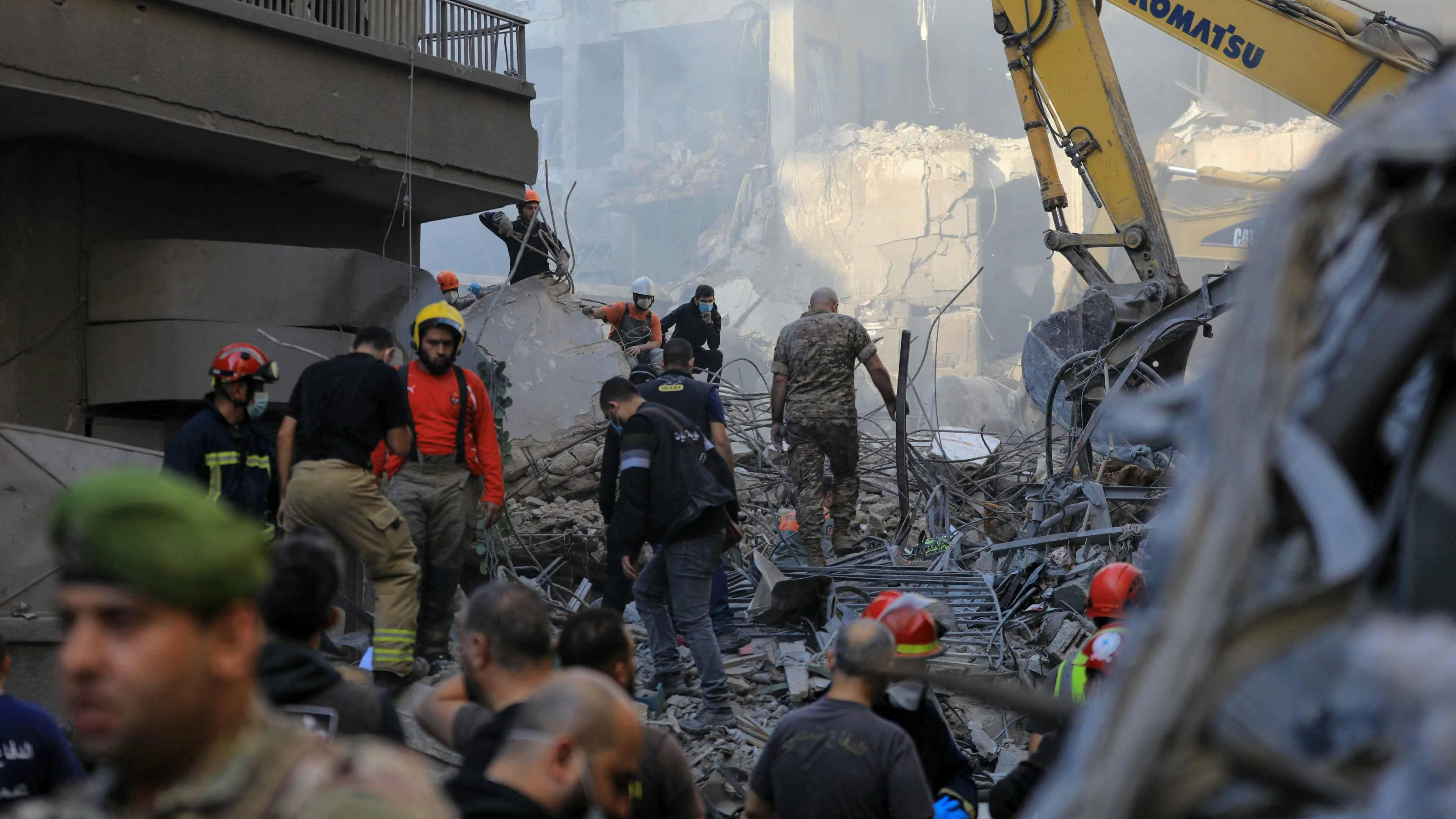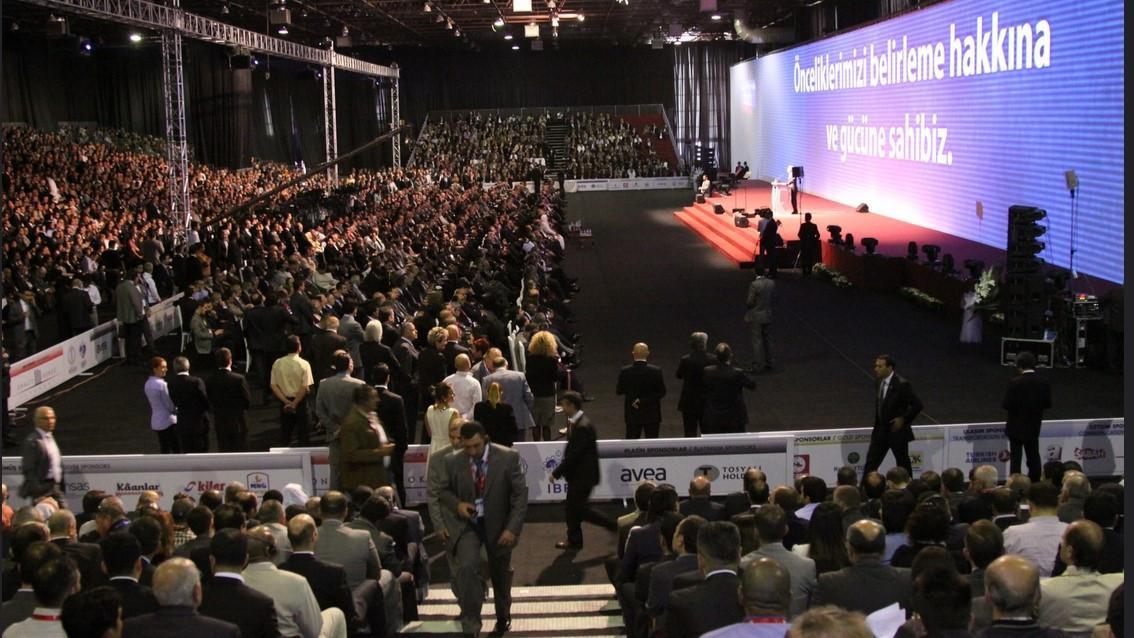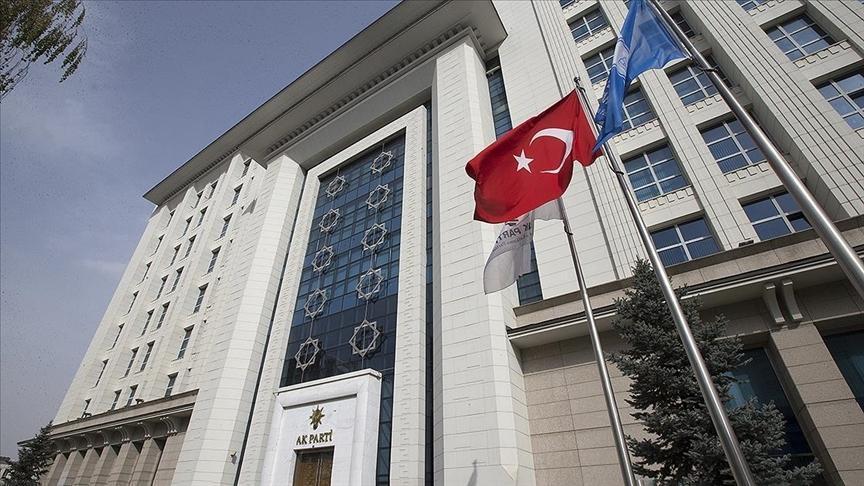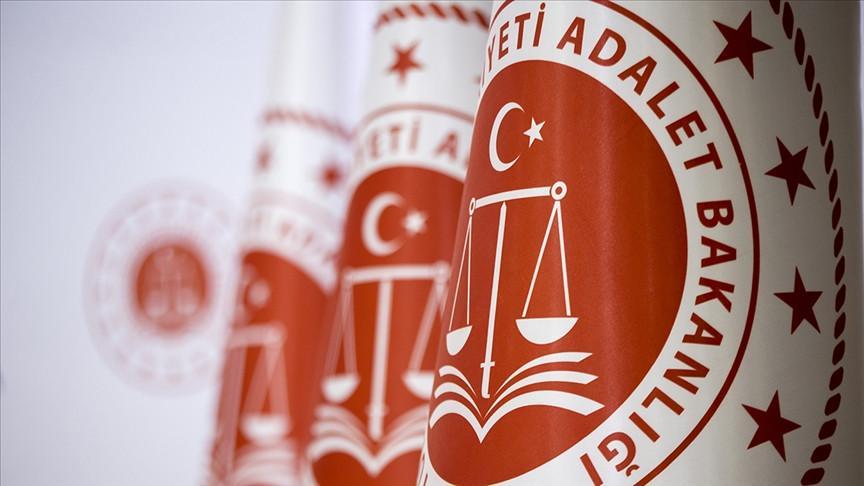Vatican prosecutors urged to go after money laundering
VATICAN CITY – The Associated Press
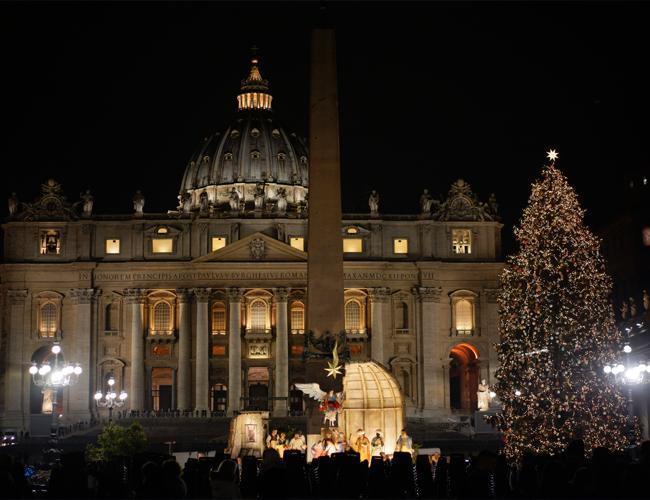
European evaluators have praised the Vatican's financial watchdogs for efficiently flagging suspicious transactions but have once again faulted Vatican prosecutors for failing to bring any money laundering cases to trial.
The Council of Europe's Moneyval evaluators issued a periodic report on Dec. 8 on the Vatican's compliance with international norms to fight money laundering and terrorist financing. The Vatican submitted to the Moneyval compliance process in a bid to shed its image as a tax haven and as part of financial reforms initiated by Pope Benedict XVI.
The report repeated the main complaint made by Moneyval in 2015, that Vatican prosecutors were freezing assets when they received reports of suspicious transactions, but weren't following through with prosecutions.
Moneyval reported that the Vatican's Financial Information Authority had flagged 69 possibly problematic transactions since 2013, resulting in 27 criminal investigations being opened.
But eight of those investigations were closed without charges, six ended without indictment, and not one money laundering case has come to indictment, much less trial.
The report said that while Moneyval evaluators couldn't check the quality of the evidence provided to prosecutors, "the success rate of the promoter (prosecutor) before the Tribunal so far is not encouraging."
In the one major case that did go ahead, the ex-president and ex-treasurer of the Vatican's pediatric hospital were recently put on trial on embezzlement charges for allegedly diverting donations to spruce up a cardinal's apartment. The ex-president was convicted of the lesser offense of abuse of office and given a suspended one-year sentence. The ex-treasurer was absolved.
The report noted that the Vatican's gendarmes had recently created a financial police unit, and that the prosecutors' office had added an assistant with experience prosecuting financial crimes. Moneyval said it hoped such developments would produce prosecutions by the time evaluators review the Vatican again in 2019.


